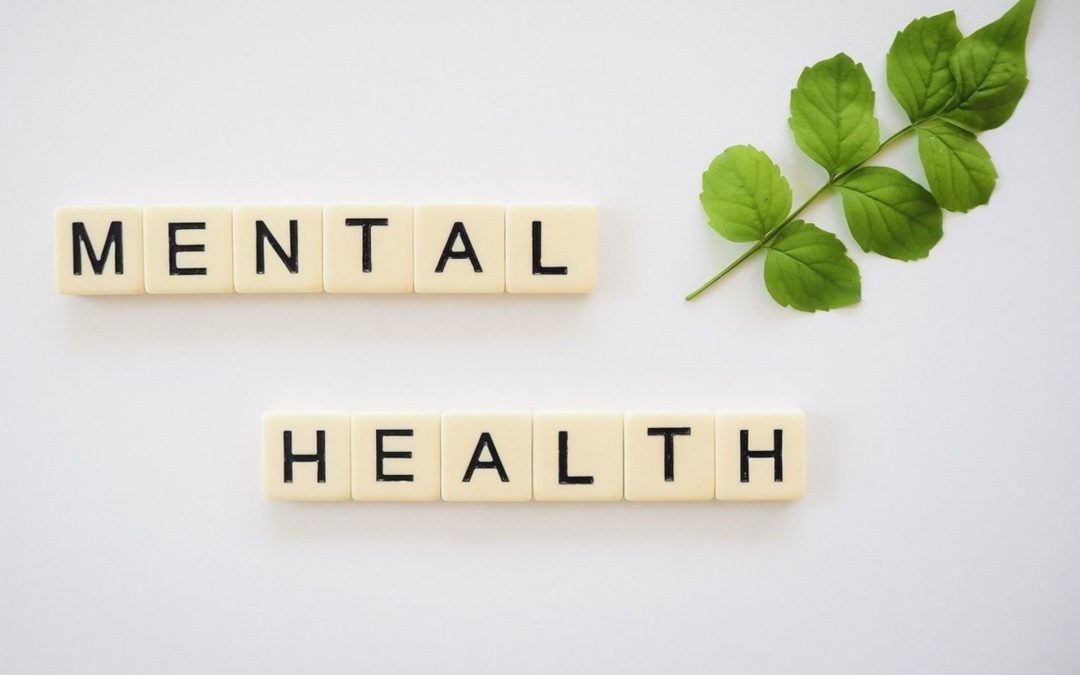In July 2021, around the time Simone Biles put her well-being first and withdrew from the Tokyo Olympics, a writer named Marisa Kabas took to Twitter. She asked her followers, “I want to see something: Have you ever taken a day off from work for your mental health but were too embarrassed to say it, so you pretended it was something else?”
Kabas received thousands of retweets and replies. I remember seeing the tweet, followed by a New York Times article written soon after highlighting the conversation Kabas was urging employees – and employers – around the country to have. When someone is physically sick, they take the day off from work to rest and recuperate. But if someone is struggling with mental health concerns, they often do not feel they can take a day off to take care of themselves in a different way. Many individuals are scared of being punished for taking a mental health day – a large portion of those who replied to Kabas’ tweet indicated feelings of shame, embarrassment, or fear if they were to take a mental health day (and be honest about it).
It is necessary that our society starts to normalize the importance of taking time to prioritize mental health. Finally, we are living in a time where therapy, medication, self-care – and mental healthcare as a whole – is viewed as an important aspect of overall well-being. However, our society still deems productivity over everything. Sure, we are told to prioritize self-care – often, this means spending increasingly high amounts of money to “achieve” a cultural ideal of self-care. But what about simply taking time for a break? This has not been fully accepted in the United States. Not a vacation, not a day to complete Jury Duty, not a day to take care of a sick child. No, simply a day to put your own mental health above all other responsibilities. Some may argue this is what weekends or holidays are for. But when your body and mind are telling you that you need a break, it cannot always wait until the weekend, or until your allotted day off.
The article inspired by Kabas’ tweet highlighted the ways to ask for a mental health day, and why they can be so important. As I read the article in July, I was struck by how foreign this concept felt to me. I had a hard time imagining directly asking for a day off to recharge and prioritize my mental health. In the months since I first read this article, I have taken time to chip away at my internalized beliefs about productivity and mental health. How can we be productive when we are suffering? Of course, we have to do our jobs – but at what cost? Not feeling like we can take one day off – and be honest about why – is a product of American “go-go-go” culture. Thankfully, this culture is beginning to shift. The more we can find the language and honesty to discuss these topics and prioritize our own mental well-being, the more seriously mental health will be taken – especially in the workplace. Taking a (much needed) break could lead to more productivity and more positive work outcomes – but we shouldn’t need to argue that to simply take time for ourselves.
Be aware of signs that your body and mind are telling you that you need a break. Give yourself permission to turn on your “Out of Office” reply and rest. And, if you can and feel comfortable to do so, be honest with your employer about why. Self-care is not selfish; burnout of not inevitable. Commit to putting yourself first, and the rest will follow.
If you are experiencing mental health issues, please get in touch. You don’t have to suffer alone.

